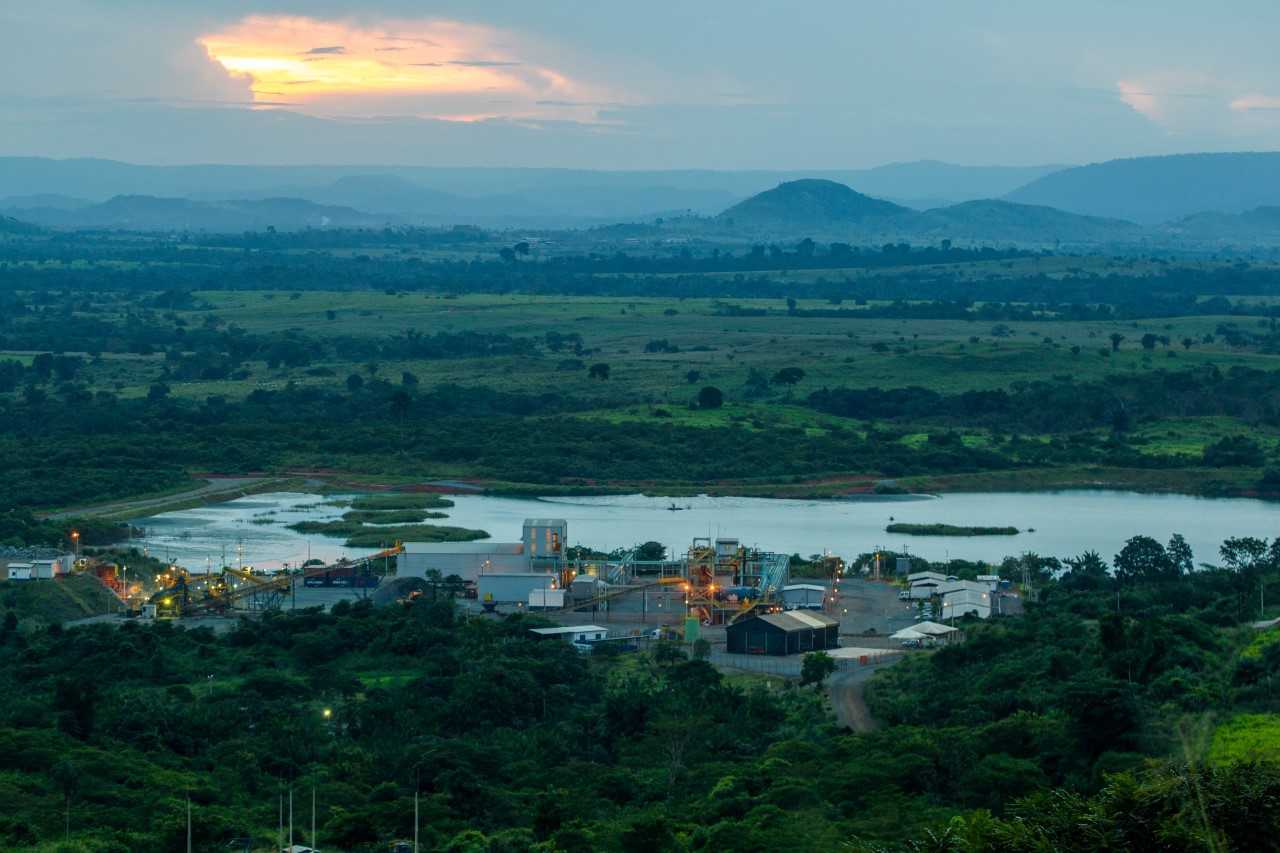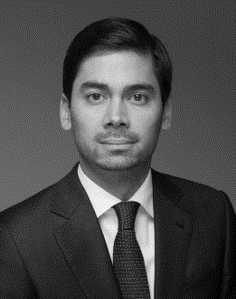By Frik Els
A conversation with Michael Scherb, founder of private equity firm Appian Capital
Appian Capital Advisory founder & CEO Michael Scherb, a dual Austrian-Singaporean national, started his career structuring foreign investment into burgeoning China pre-supercycle before joining the mining team at JP Morgan Cazenove in London. He worked on deals as diverse as Rio Tinto’s $153 billion 2008 defence against a hostile BHP, a $1 billion Istanbul gold mining IPO, yearly strategy presentations for the Board of Xstrata, M&A for France’s Areva in Africa and a bond offering for Russian diamond giant Alrosa amongst many others. He founded Appian in 2014.
In 2014, Private Equity firm Appian Capital closed its first fund, taking in $375m from over $1.2bn of interest, focusing on the metals and mining sector.
In just 4 years, Appian has already overseen five mines into production while seven out of eight Appian investments, spanning three continents and a range of commodities, will be in production within the next 18-24 months.
Appian also announced at the end of March the sale of one of its assets – Brazil’s Avanco Resources – in a deal worth $350m to Oz Minerals, which marks the Fund’s second successful exit.
MINING.com caught up with Michael W. Scherb, Founder and CEO, to discuss the state of Private Equity in the mining industry, his investment philosophy, the portfolio and what the future holds for Appian.
You’ve packed a lot into the past few years, give us an update on Appian as an organization.
We have been cautious and measured in building the organization.
We are now 23 people overseeing 1,600 individuals in 8 portfolio companies with offices in Vancouver, Lima, Perth, and a Johannesburg presence to complement our London head office. We aim to hire the absolute best people in each discipline, and the individuals in our team are really the lifeblood and embody the culture and vision established when the firm was founded.
How would you summarise your investment philosophy?
Long term value investing, with a unique focus on technical arbitrage in the cyclical metals and mining sector. And by arbitrage, I mean the asymmetry of information that our team analyzes and prices in terms of risk.
In the Private Equity space, metals & mining is dwarfed by oil & gas investment. Why do you think this is?
Mining PE is in a similar space to what Oil and Gas PE was a couple decades ago. What the industry needs is a few major players to prove that the model works, and that mining PE can become a viable asset class from an investor’s perspective and that means consistency in deliverability of returns.
When we were raising capital, even generalist Private Equity funds became curious about mining. Some of the big PE names realised that there could be some unique alpha in mining, only to say, “well, traditional PE principles don’t apply and while I see the reward potential, there are some elements of risk that require a risk analysis based on experience and technical skill rather than numerical certainty” and simply disappearing.

Avanco’s processing plant in Carajas, Brazil.
Mining investment doesn’t always have to be taking a punt on a discovery or be a grassroots pure play. It can be structured in the same way that made Private Equity in the oil and gas sector so popular, that is, downside risk protected investments while keeping commodity price optionality.
When you structure it appropriately, you can invest into projects where it’s very difficult to lose money and still maintain upside potential. If I look across our portfolio, I find it very difficult for us to lose capital for our investors. Once investors realise that there is a model in the sector which offers downside protection, stable returns while keeping upside optionality, PE in mining should become an asset class.
In mining, however, people are far too focused on what they can make rather than what they can lose, to make that happen just yet.
You’ve talked about the need for second level thinking in mining. What does this mean?
Howard Marks, the head of Oaktree wrote a great book on investing which encourages second level thinking, i.e not just “supply/demand fundamentals look attractive on copper so let’s invest,” but if it looks attractive, how does this affect the psychology of the industry, including other investors, major mining companies and others.
What will this group decision making have on future investment and supply and how should we adjust our exit timing and investment strategy accordingly?
Unfortunately, or fortunately if you are a long-term value investor, first level thinking prevails, in this industry we all love.
Why do you think PE is a better form for investing in mining?
Private Equity is kind of a misnomer – private specialist capital is probably a more descriptive term.
Traditional Private Equity principles don’t apply to mining, however, long-term value investing principles do. Traditional Private Equity principles don’t apply to mining, however, long-term value investing principles do.
And by long-term value investing, I mean through-the-cycle thinking.
Mining is the perfect industry for applying long-term value investing principles because it’s so cyclical, and you let the industry create the entry and exit windows for you through its volatility and irrationality.
All you need is patient capital, which the industry never had before, and which is why we’re a 10-12 year fund. Investors are getting shorter and shorter in terms of focus and you’re going to have more frequent and shorter cycles. So in 10-15 years we expect probably 2-3 mini-cycles which is enough time for us to enter and exit our investments.
The great thing about active investing, and why I greatly prefer the Private Equity model to the liquid investing approach is that you can work with management teams to tangibly create value rather than being passive and waiting for the market to price your investment correctly. Active management relies on exploiting mispricing within the market, which means that the determination of value is of critical importance.
Long term capital is the ultimate foil to irrational markets – …read more
From:: Mining.com

